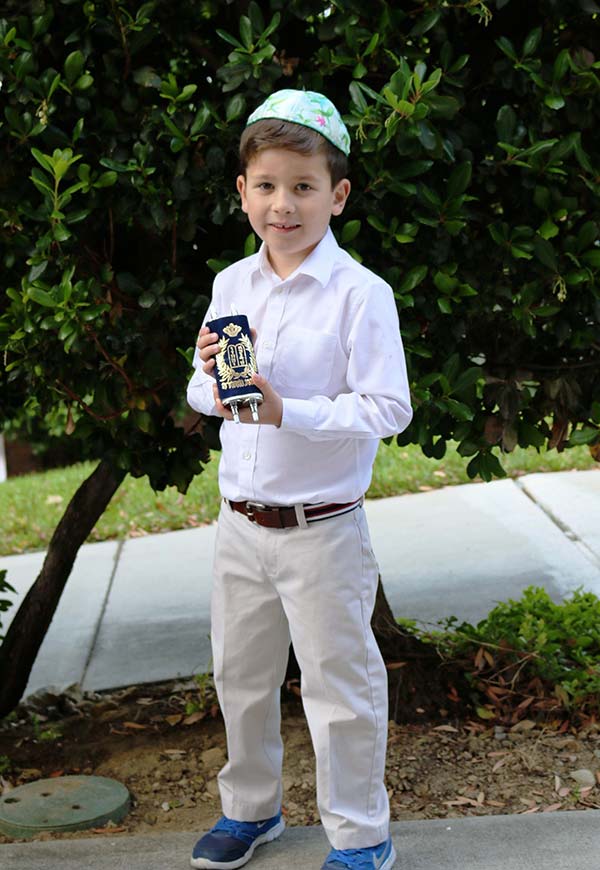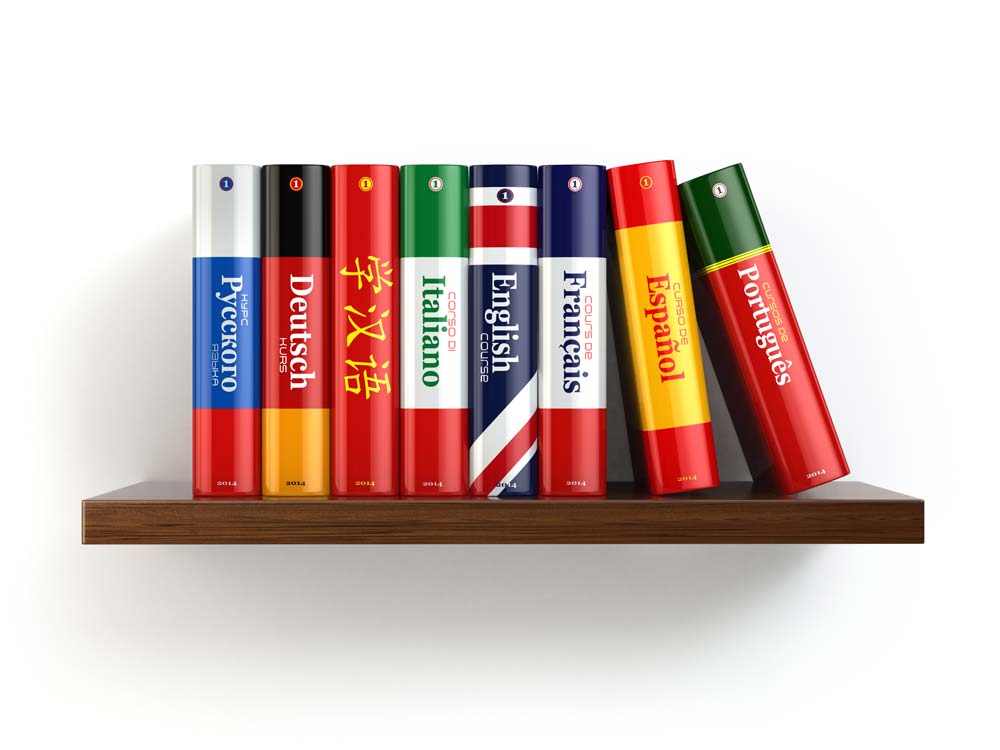We’re here to help any families whose children are being counseled out from their private schools.
For the most part, January and February are filled with excited anticipation for so many families who completed the fall application process for private schools. This process officially began in September, but most of our families began these planning conversations 6-18 months ago. Over that time period, families were engaged in school research and visits, interview preparation, test preparation, strategic planning, and networking as well as regular analysis and conversation about their experiences. While the process is naturally stressful, and many families feel unusually vulnerable, there’s comfort in the structure and process of this typical admissions season and families can thoughtfully implement a plan that serves to create options.
But just when those school application deadlines are closing for September spots, the second cycle of admissions is about to begin. This second cycle is subject to rolling admissions and moves at a much different pace from fall admissions. Families may be engaged in a later admissions process for any number of reasons, including relocation to NYC, a late decision to make a school change, or as a result of being “counseled out.” It’s this last reason that causes the most stress for families.
Private schools and being “counseled out”
Private schools of all shapes and sizes have counseled out families. The reasons vary from behavioral to academic to social. Sometimes parents anticipate this news because there’s been a long history of communication around the challenges, but more often than we’d like, parents find this news a shock having missed the warning signs. As a result, parents are often understandably upset, frustrated, and angry coming into the admissions planning process both because they resent being forced to make a change and because they fear there won’t be good options available at this late stage. But that’s not the case.
Although being counseled out is not their choice, families now have the opportunity to reframe the situation and to reassess their child’s educational needs and priorities:
- What sort of learner do they have?
- Is specialized instruction needed?
- Do we need more data to inform decision making?
- Would their child like to explore a boarding school option?
- Would their child benefit from homeschooling or a 1:1 setting?
Then families should proceed with a full-scale search casting a reasonably wide net with a very open mind. Despite any complicated feelings, it’s critical that families partner with their current school to facilitate a smooth transition; it’s in the best interest of their child.
Though these transitions can be difficult, we’ve only experienced positive resolutions with our families, and we would be happy to help if the need arises.
Please contact Brad Hoffman and Faya Hoffman — a husband-and-wife team and both Board Certified Educational Planners and Learning Specialists — for admissions consultation.
By Brad Hoffman, M.S.Ed.Board Certified Educational Planner and Learning Specialist
My Learning Springboard, Inc.

 My Learning Springboard and its faculty offers a full spectrum of writing support, including application essay coaching, “Just-in-Time” editing and writing coaching, and creative writing enrichment teaching.
My Learning Springboard and its faculty offers a full spectrum of writing support, including application essay coaching, “Just-in-Time” editing and writing coaching, and creative writing enrichment teaching.